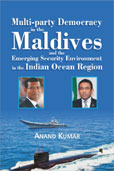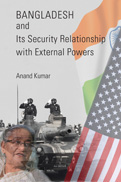The Politics of Disaster Relief
Muslim countries and Islamic relief organisations along with the rest of the world have shown unprecedented solidarity with the people of Bangladesh after the devastating impact of cyclone Sidr in mid-November. Ironically, many of these Islamic charitable organizations have been involved in fuelling fundamentalism in Bangladesh. The extremist forces, and not surprisingly, are once again trying to capitalize on the miseries of the people and the inadequacies of the state machinery.
- Published: December 27, 2007











